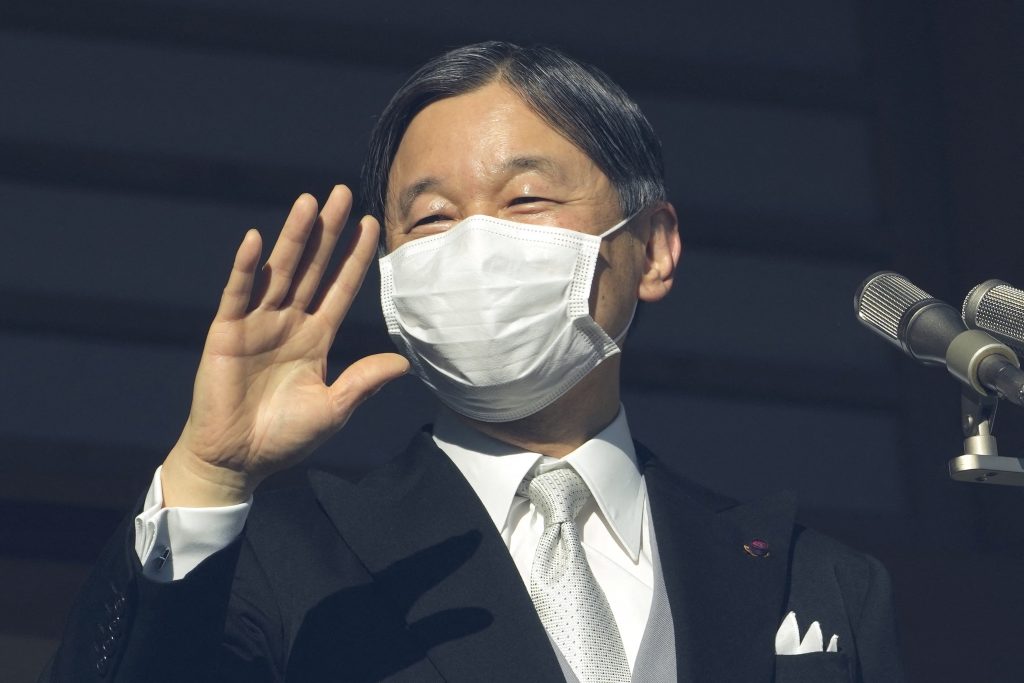
- ARAB NEWS
- 01 Jul 2025

TOKYO: The role of the emperor in Japan has changed dramatically over the centuries, but Emperor Naruhito remains a strong fixture for the Japanese people.
Japan has a parliamentary monarchy similar to the UK and the emperor’s role is largely symbolic. The constitution of Japan refers to the emperor as “the symbol of the state,” but, as with the UK, that does not reduce the monarch to the level of a figurehead.
In Japan, the emperor performs those acts of state that are provided for in the constitution, such as “appointing the prime minister and the chief justice of the Supreme Court, attesting the appointment of ministers of state and other high officials, convoking the National Diet, promulgating laws and treaties, awarding honors, attesting the credentials of Japanese ambassadors leaving for overseas as well as receiving foreign ambassadors to Japan.”
As a constitutional monarch, in these matters of state, he acts on the advice and approval of the Cabinet.
In the past, Japan’s emperors have often been peripheral figures dominated by military leaders, both in the distant past, during the Edo era (1603-1867) when Japan was closed to the rest of the world, and in the first half of the 20th century as the country tried to create a broader empire in Asia.
The emperor was often used to achieve political gains at a time when Japan was dominated by regional warlords, while in the first half of the 20th century, he was used as a symbol — an inspiration even — for expansionist moves into Asia. Many of those who suffered at this time put the blame on Emperor Hirohito, but he was given a free pass by the Allies after the war and continued to reign until 1989. He was on the throne for 63 years and debate still rages as to his guilt or innocence.
His successors, Akihito and Naruhito, have acknowledged the pain of the past.
Emperor Naruhito and his wife Masako are modern people with a broad international understanding. The Imperial Household Agency, however, is rigorously conservative and has tight control of the Imperial Family’s routines. This has had a profound effect on the empress, who reportedly has suffered depression from the confines of royal life, while Japan’s Princess Mako, the Emperor’s niece, quit the Imperial Family following her marriage.
With Naruhito having no male heir, Mako’s father, Crown Prince Fumihito, is next in line to become emperor and her brother, Prince Hisahito, will succeed him.
There has been much debate about whether or not female members of the Imperial Family should be allowed to take the throne, but there is little debate about the position of the emperor, who may only be a symbol of the state but remains firmly fixed in that position.